Why We Have Removed Monkey Nuts from Our Parrot Blends.
As most people reading this blog will know, Monkey Nuts are simply peanuts still in their shells. They have long been a favourite with many parrot owners as a treat for their birds and it is easy to see why.
Monkey Nuts are a nutritious and tasty snack, containing a high level of fat to provide energy and a high level of protein which supports musculoskeletal health and repair.
Loved by wild birds and parrots alike, Monkey Nuts make a fantastic addition to their diet that will help keep them in tip-top physical condition for many years to come.
But that’s not all …
Mental Wellbeing
As well as being a tasty, nutritional treat, Monkey Nuts double as fantastic environmental enrichment and a great way to take care of your parrot’s mental wellbeing.
That’s because feeding nuts still in their shells means that the parrot must first figure out how to get to the nut inside before they can eat it.
This has several benefits. Firstly, it occupies them for a significant length of time, relieving any potential boredom. It provides a mental workout as the parrot must use their brain to decide the best way to get to the tasty contents inside, and it encourages the type of natural foraging behaviours that are observed in wild parrots.
Feeding them is great for owners too. Watching your beloved pet get their head around Monkey Nuts is a charming and fascinating spectacle, and one that will entertain you as much as it is does them!
So, with all these benefits, what’s the problem?
Contamination
Problems can be caused pre- and post-harvest with the majority deriving from the way Monkey Nuts are stored. Storing them in warm, humid conditions can lead to contamination by the fungus Aspergillus flavus. Aspergillus flavus is an agent for Aspergillosis and it also produces a mycotoxin called aflatoxin, which can lead to aflatoxin poisoning, known as Aflatoxicosis.
Aflatoxins
Aflatoxins are naturally occurring mycotoxins and can even be present if there is no visible mould on the food in question. Once consumed, the aflatoxins metabolise in the liver which can then result in Aflatoxicosis, liver damage or even death if consumed in high quantities. Unlike people, who eat a varied diet our pets tend to eat more of the same thing. So, if a pet’s food contains aflatoxin it will accumulate in the pet’s system. It is important for us to note that we test all our peanuts and Monkey Nuts for aflatoxin to a human food grade standard which is below animal food grade, to ensure they are safe for both wild and companion birds to consume. We advise storing feed in a cool, dry place below 14°C, to inhibit any fungus growth.
Aspergillosis
Aspergillosis is a respiratory problem caused by Aspergillus spores. It is a very unpleasant condition that comes in two forms – chronic and acute. In both forms, the disease attacks the respiratory system causing a multitude of problems such as lethargy, dehydration, loss of appetite, and diarrhoea. Sadly, if your bird contracts the acute form, the most likely outcome is death.
The chronic form of Aspergillosis is less aggressive in its progression but produces the same symptoms. Signs of neurological disease may also be exhibited by birds suffering with this form of the condition.
The prognosis for birds with chronic Aspergillosis is a little better than those with the acute form, but sadly, the majority that contract it will die. Curing the condition is difficult due to the way the bird’s immune system walls off the fungal infection, making it very difficult to target drugs to the fungus to kill it.
The treatments that are available include antifungal medications and, in extreme cases, the surgical removal of areas of fungal growth. This is often supplemented with oxygen therapy, force feeding, and anti-inflammatory medications, but even with extensive treatment programmes such as this, only birds with very strong immune systems will rid themselves of the infection completely.
In short, Aspergillosis is a condition to be avoided at all costs.
Personal Choice
Because of the potential misery aflatoxins and Aspergillosis can cause, both to bird and owner, we have always taken the condition extremely seriously. As a result, and as mentioned previously, we test all our Monkey Nuts and peanuts for aflatoxin before they enter the factory, so we are as sure as we possibly can be that our ingredients are entirely safe for birds to consume.
But we understand that naturally, despite the benefits of feeding Monkey Nuts and even with our stringent precautions in place, not everyone will want to feed them due to the ambiguity about what is inside the shell. We recognise it is a personal choice for each owner and one we should enable them to make. Instead, we are replacing them with jumbo peanuts, which are larger than our standard peanuts and provide the same nutritional value as Monkey Nuts. You are also able to visibly check the peanut, removing any uncertainty.

That is why we have decided to remove Monkey Nuts from our parrot blends, to put the choice of whether or not to feed them entirely into your hands.
We will continue espousing the benefits of Monkey Nuts and sell them as a separate, standalone product. But they will no longer appear in our No. 1 Parrot Food, Traditional Parrot Food, or our Premium Parrot Fruit.
So, if your choice is not to feed them – no problem. With these changes you can continue providing our high quality, highly nutritious parrot blends safe in the knowledge they are all Monkey Nut free.
For more information about our parrot foods, click here.
Our recent posts giving advice and guidance on parrots & parakeets
Ahoy the Mighty Macaws – the Pirate’s Favourite!
Reading Time: 15 minutes Mention the word parrot and the first thing many people think of is a Macaw. Sat abreast many a pirate’s shoulder in books, TV, films and cartoons, these colourful, long-tailed birds are big, beautiful, instantly recognisable as the archetypal parrot, and always happy to take a tasty treat from their owner.
Johnston & Jeff Appointed as Exclusive Distributor of Innovative New Pelleted Bird Food
Reading Time: 6 minutes We are very excited to have been appointed as the exclusive UK distributor for an innovative new pelleted bird feed. Italian manufacturer Fiory has created a cold pressed pellet range called Micropills, suitable for parrots and parakeets, and has signed an exclusive deal with us to sell it in the UK.
Ring-Necked Parakeets – the UK’s Only Wild Species of Parrot
Reading Time: 8 minutes Did you know that the UK has its own population of wild Parakeets? Yes, that’s right, a wild parrot in Britain and one that is growing in population. In this blog, we take a closer look at the fascinating Ring-Necked Parakeet.



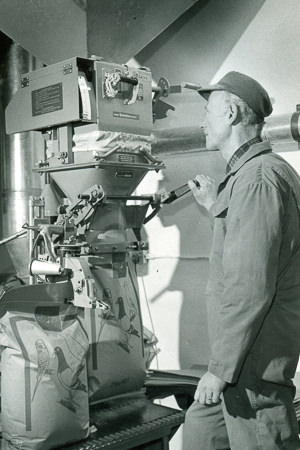


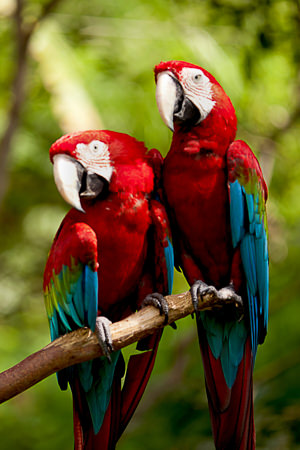
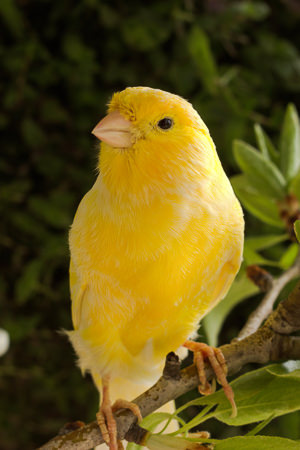

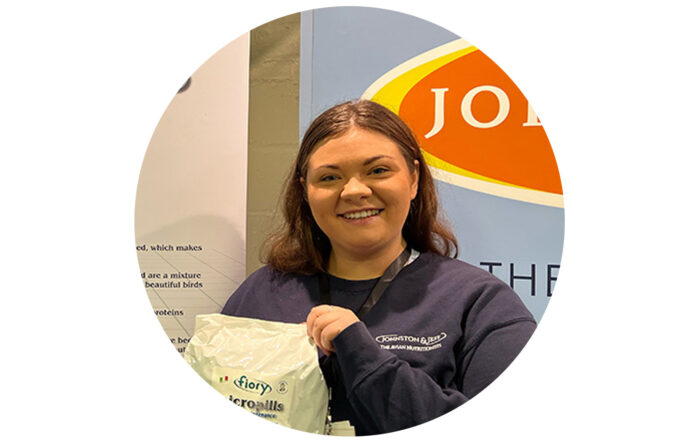
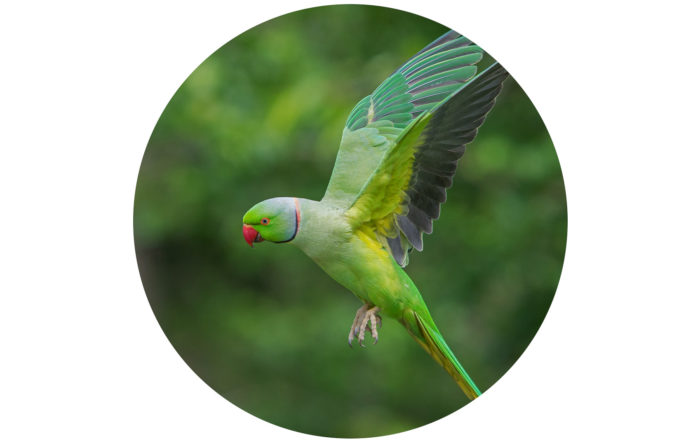
Leave A Comment